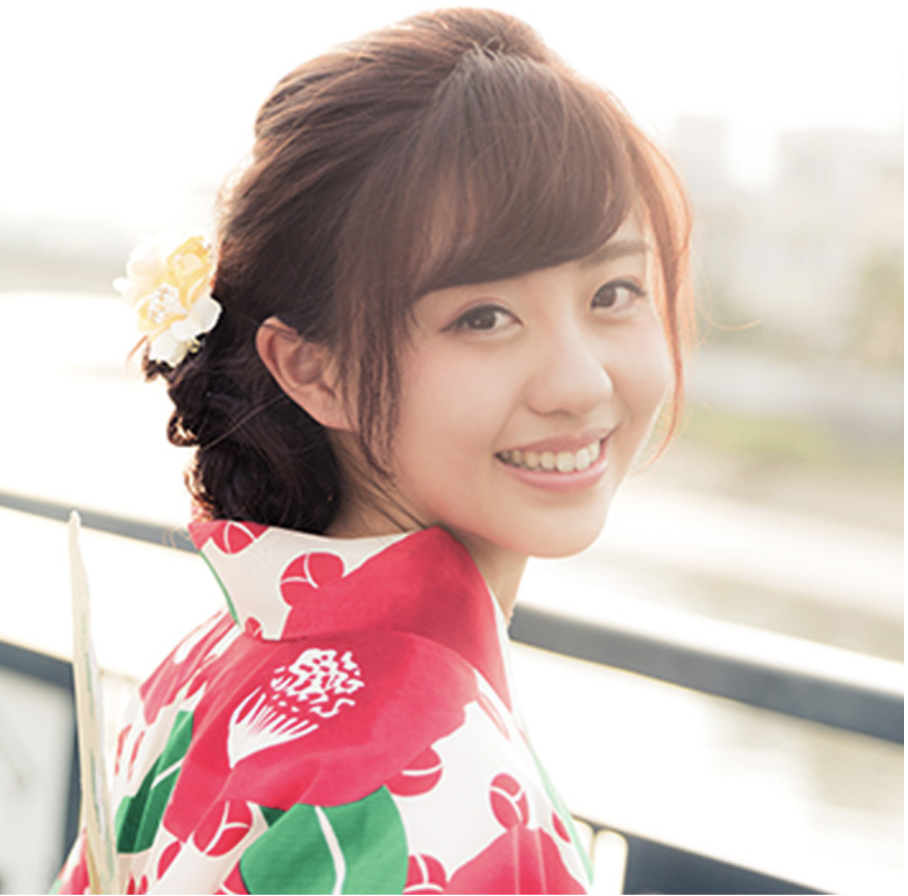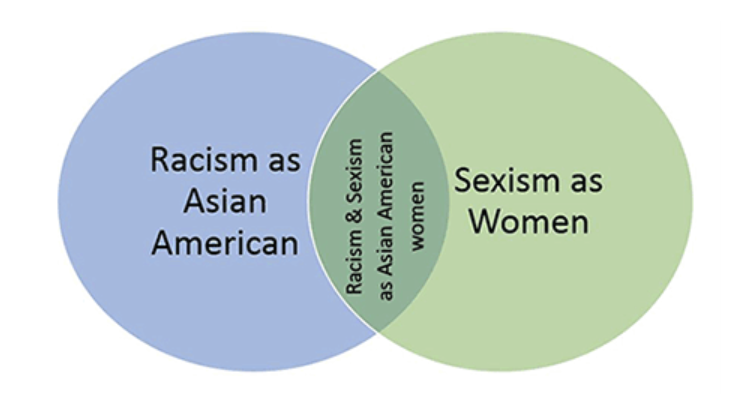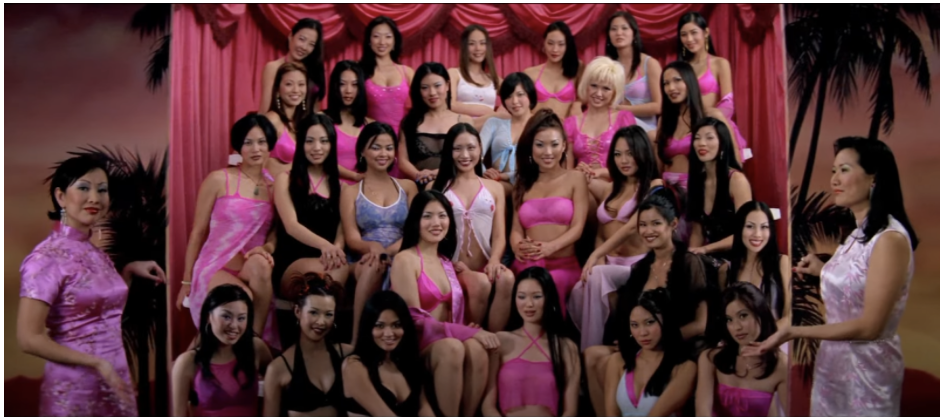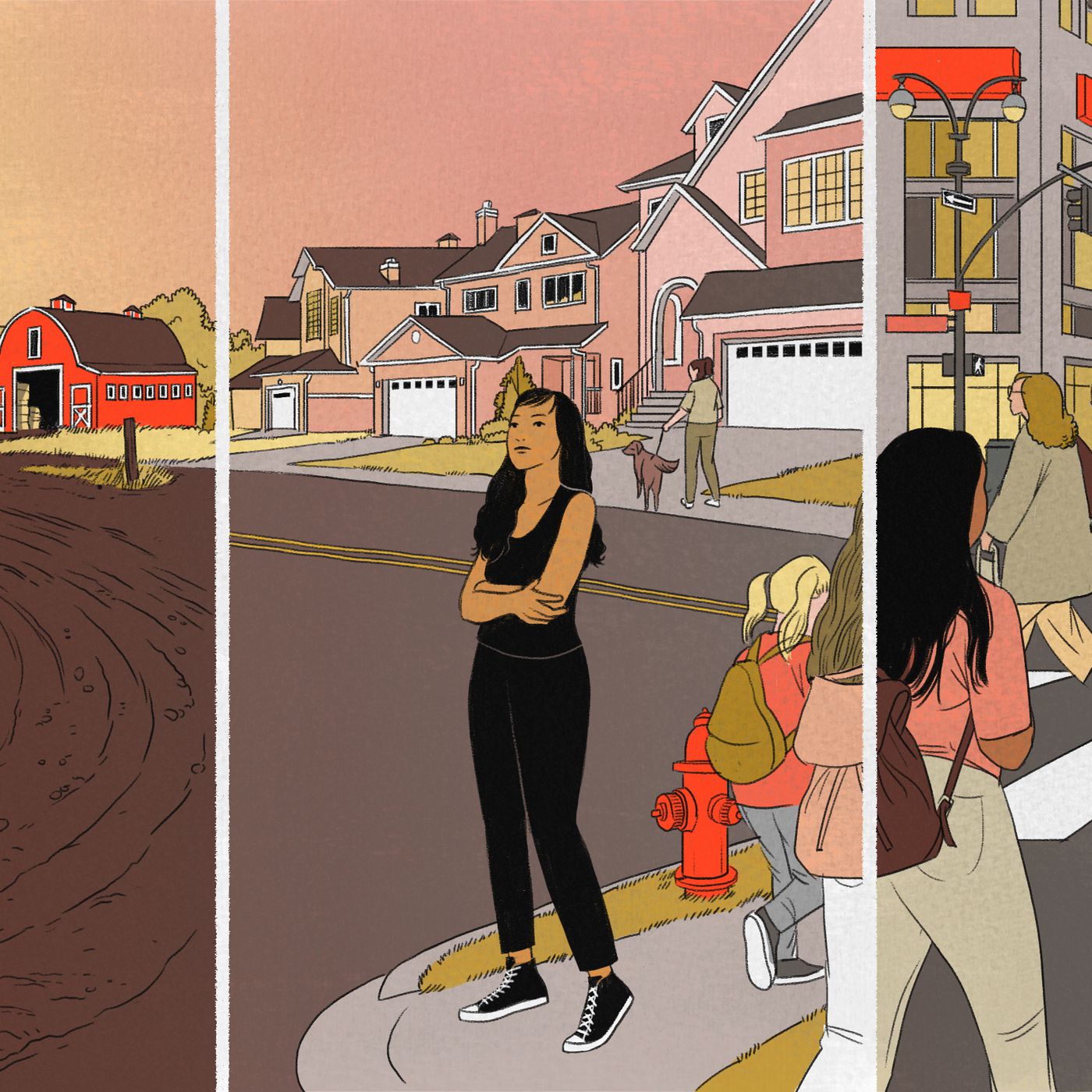Dating As An Asian American Female
A lot has been said about dating as an Asian man in North America since OkCupid’s Cofounder posted his findings in 2014 that Asian men are the least desirable group in the online dating world, but what about dating as an Asian female? It turns out, things are also not as pretty as the media portrays. In fact, it’s not a great experience sometimes because of how the media portrays Asian women in North America.

Shruti Mukkamala and Karen Suyemoto wrote about the unique experience of Asian American women in their Asian American Journal of Psychology article, “From Exotic to Invisible: Asian American Women’s Experiences of Discrimination.”

Asian American women, amongst other women of ethnic minorities, live in the intersection between racism and sexism. For Asian American women, however, they tend to experience the following stereotypes according to Mukkamala and Suyemoto (2018):
“Exotic” — Experiences related to being exoticized and objectified. These are historically related to the stereotypes of Asian women as exotic “Geisha girls” who possess a special sexuality.
Not a leader — Experiences where participants are seen as incapable of being or becoming leaders. Related to the stereotype of the busy “worker bee” who can work as part of a team, but is incapable of leading due to stereotypes of Asian women as quiet and lacking leadership qualities. This experience is also shared with women of other racial groups who are often not considered leaders.
Submissive — Experiences where participants are considered submissive/passive/quiet, expected to be agreeable, not speak up or stand up for themselves. Related to stereotypes of Asian women as deferential and controllable.
Cute and small — Expectations put on the participants about how they should or should not look.Invisible — Experiences related to participants feeling like they or their group was ignored in some way, or lacked voice, agency or power.
Service worker — Assumptions that the participant works at a low-level gendered job, such as being a maid or working in a nail salon, which are stereotypically associated with Asian American women.”
More generally, Asian American women in the media are either portrayed as “the lotus blossom” or “the dragon lady”. Media outlets consistently portray Asian women in media as submissive and cute. Recent examples that come to mind include the character Mei Lin from Marvelous Mrs. Maisel whose character fits the portrait of the dragon lady. It should be noted, however, that Mei Lin’s character develops into a fuller version of a person than just her stereotype (thankfully), as more of her story unfolds, but it would be naive to believe that her first impressions given to the audience doesn’t follow her as her story progresses. Even in Rush Hour 2, Asian women are depicted as service workers in the “Heaven on Earth Massage Parlor”. Joey Lee writes in his article “East Asian “China Doll” or “Dragon Lady”?” (p2-3),
“The portrayal of East Asian women as hypersexual, commodified, liminal spaces is also shown in the 2001 movie Rush Hour 2. The connotation of Asian women in the service industry, highlighted by the implication of an all-female operated “Heaven on Earth Massage Parlor”, generates a setting teeming with sexual innuendo. Shu (2003) describes the scene as an “unnecessary moment that objectifies young Asian women as passive, obedient, and eager to pamper any man” (58). Asian women are literally presented to Lee and Carter; they are revealed by the two owners who pull back the sliding doors, their hands positioned as if they are revealing goods to an audience (Chan 2001). The women presented are scantily dressed in outfits that conceal little more than lingerie would. These China Dolls are costumed to highlight their sexual features and suggest that they would be easily undressed and accessible. The way the East Asian women behave is also hypersexual; they try to catch the male and audience attention through suggestive poses and winks, writhing in their seats, and pouting slightly when they are not chosen, as if they are jealous children. When the owners open the door to the selection of women, they are lined up as if they are products in a market for the male gaze and his audience to select. The owner even states, “You pick any girl” (Chan 2001), completely handing over the women’s autonomy and consent to Carter and Lee, and suggesting viewers take their pick as well.”

This hypersexualization of an ethnicity has real impacts on Asian American females dating as well. Lisa Boyce, an Asian American shares her story about the dangers of dating white men who cross the line between cultural “appreciation and fixation”: https://www.huffpost.com/entry/asian-women-dating-apps_n_628d2a05e4b0b1d9844e0a8b
Boyce writes,
“The white men who feel the most threatening are the ones who enthusiastically tell me how much they love Asian culture, who ask if I’m hafu, who call me “exotic” as if there’s no higher form of praise.
In certain ways, dating someone who already has an appreciation for my cultural background should be a positive thing. I wouldn’t have to explain why I keep a no-shoes household or why preparing a plate of fruit for someone is a deep expression of love. But that’s not exactly what’s happening here. There’s a thin line between appreciation and a fixation that goes too far.”
Another Asian American female, Natalie Song, shared her early dating experience in an article titled, “The dynamics of dating as an Asian American woman”: (https://www.uscannenbergmedia.com/2022/02/14/the-dynamics-of-dating-as-an-asian-american-woman/):
“For Tsern, a larger factor to consider as she began dating was internal, as she grappled with her desirability in relation to her race(…) I felt like if I wasn’t embracing Asian fetishization, I was not going to be loved or wanted or desirable,” Tsern said.”
What have been your experiences with dating as an Asian American? Are there other factors to be considered? What are ways the media can help rectify the stereotypes it has created for our community? Please let us know what your thoughts are in the comments!
Sources:
Mukkamala, S., & Suyemoto, K. L. (2018). Racialized sexism/sexualized racism: A multimethod study of intersectional experiences of discrimination for Asian American women. Asian American Journal of Psychology, 9(1), 32–46. http://dx.doi.org/10.1037/aap0000104
Lee, Joey. 2018. “East Asian “China Doll” or “Dragon Lady”?.” Bridges: An Undergraduate Journal of Contemporary Connections 3, (1).
http://scholars.wlu.ca/bridges_contemporary_connections/vol3/iss1/2
Yamamoto, Kacie. (2022, February 19). The dynamics of dating as an Asian American woman
https://www.uscannenbergmedia.com/2022/02/14/the-dynamics-of-dating-as-an-asian-american-woman
Boyce, Lisa. (2022, May 25). As An Asian American Woman, This Is The Dating App Red Flag I Don’t Talk About https://www.huffpost.com/entry/asian-women-dating-apps_n_628d2a05e4b0b1d9844e0a8b
Thank you for being a part of the EME community!
With love,
EME HIVE
Questions or concerns? Reach out to us at hello@emehive.com

